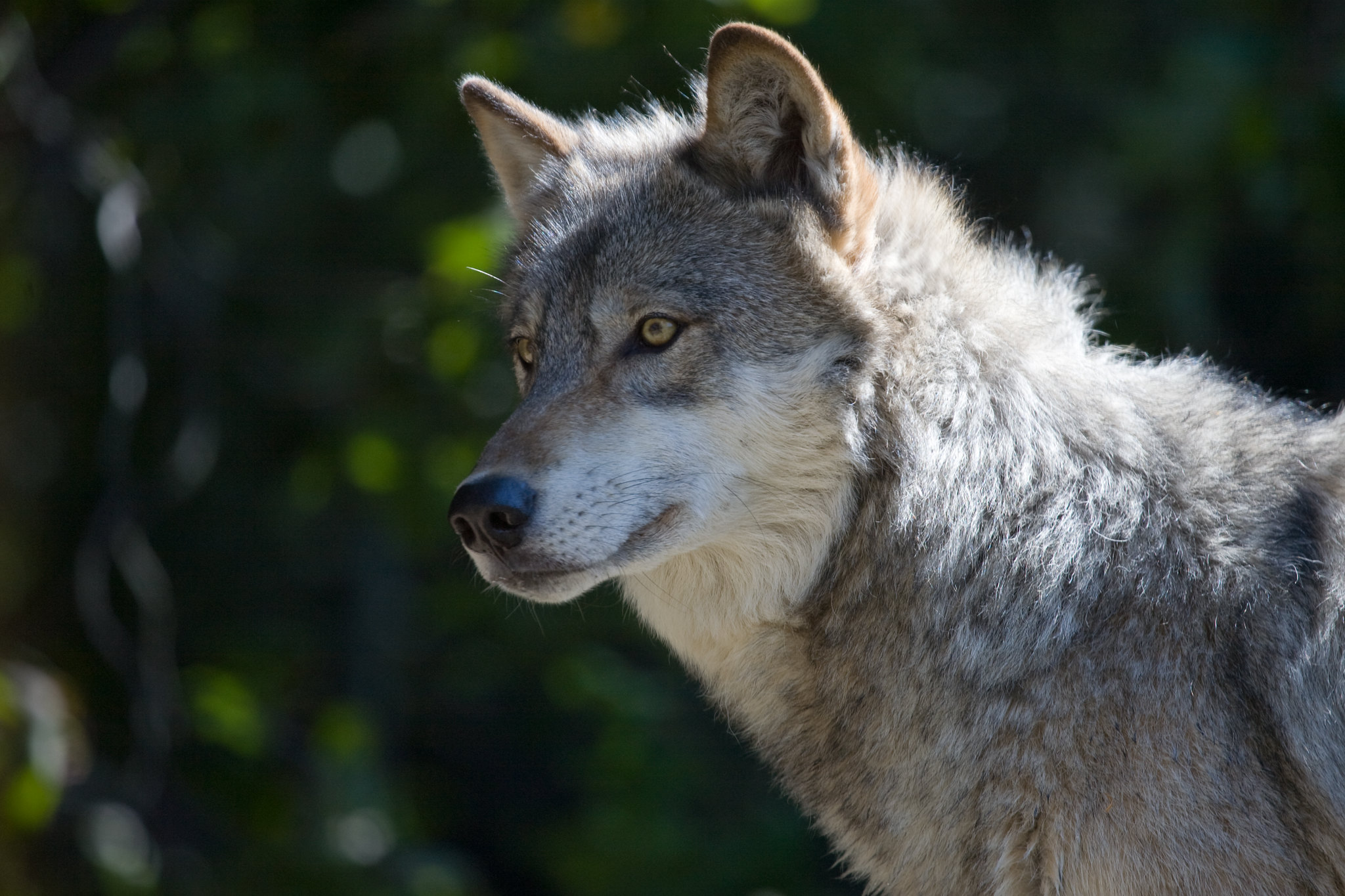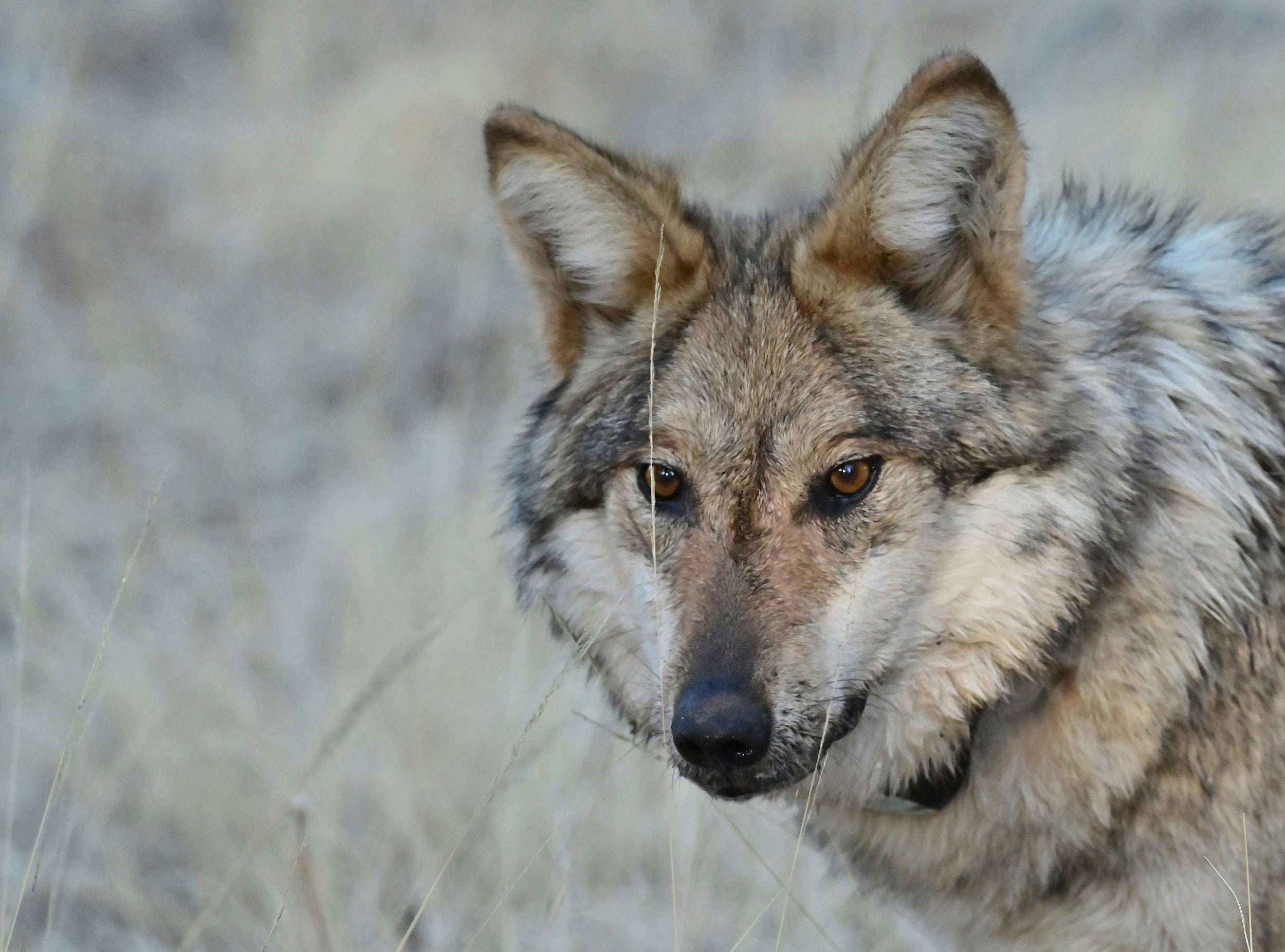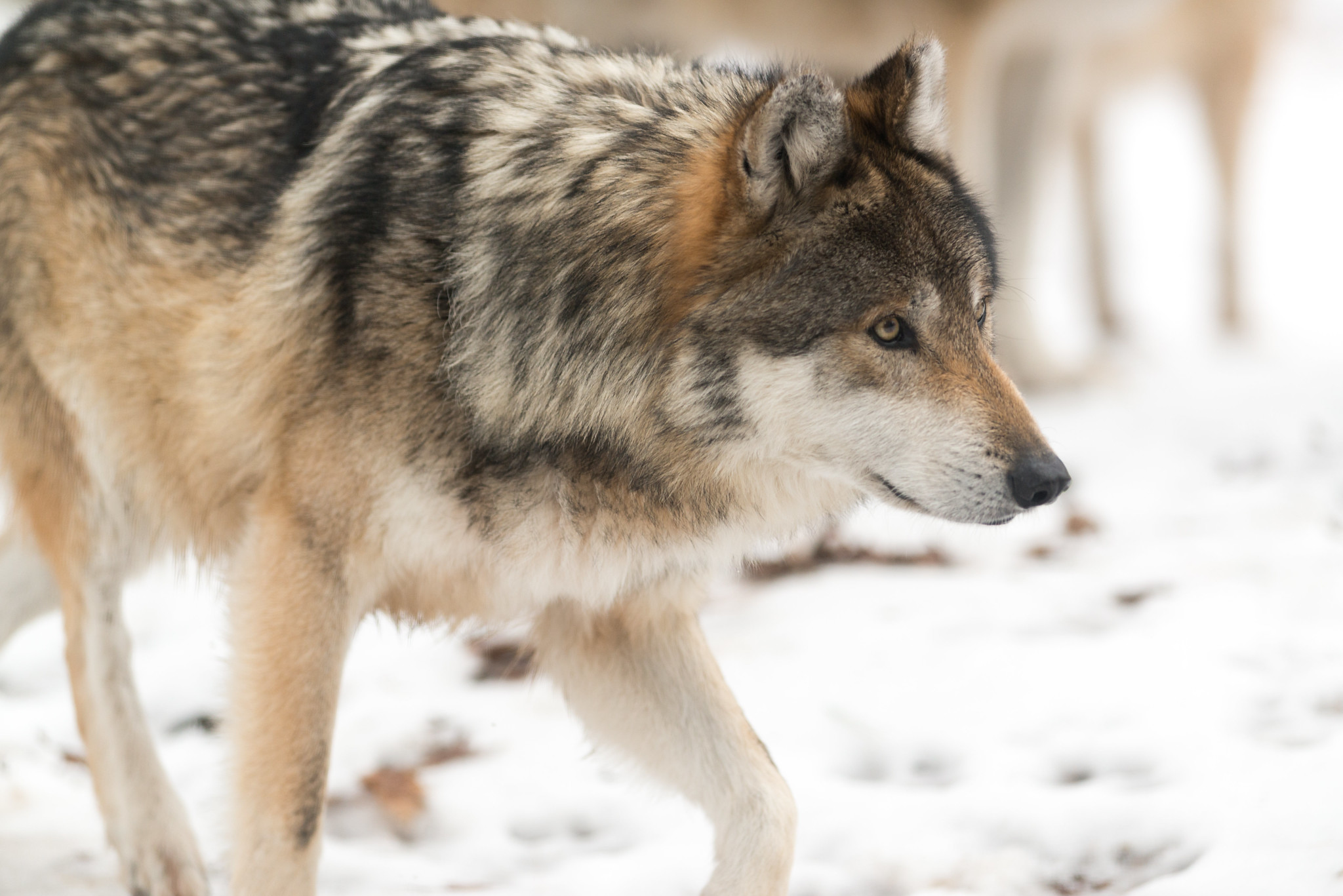A Dane County judge permanently dismissed a lawsuit filed by a wildlife protection group that sought to revoke Wisconsin’s new wolf management plan.
In November, the Great Lakes Wildlife Alliance sued the Wisconsin Department of Natural Resources and the Natural Resources Board. The group accused state wildlife regulators of violating the state’s open meetings law and rejecting public input from the group and wolf researchers.
The Alliance argued that the agency changed its wolf plan after staff and members of its policy-setting board attended three listening sessions with groups whose members support hunting wolves. The lawsuit claimed some of those meetings were held after the public comment period ended in February of last year.
On Monday, Dane County Circuit Court Judge Stephen Ehlke granted the DNR’s motion to dismiss the case. The agency argued the case was a policy dispute, saying the group lacked standing to challenge the wolf plan. The DNR also said no more than three members of the seven-member board attended any of the three sessions.
The judge agreed with the agency that there weren’t enough board members present to trigger an open meetings law violation. Melissa Smith with the Great Lakes Wildlife Alliance argued two members may be sufficient to influence a decision on the wolf plan. Smith, the group’s executive director, added board members watched the meetings through a virtual media platform.
“I think it’s pretty influential, but not more than two people attended,” Smith said. “So that’s why he’s (the judge) saying they didn’t break those rules.”
Smith said the group is considering whether to appeal the ruling.

News with a little more humanity
WPR’s “Wisconsin Today” newsletter keeps you connected to the state you love without feeling overwhelmed. No paywall. No agenda. No corporate filter.
The Natural Resources Board unanimously approved the agency’s wolf plan in October.
The Great Lakes Wildlife Alliance had also accused the DNR and its board of violating the Administrative Procedures Act and their rights to due process under the Wisconsin Constitution. The judge rejected those arguments as well, along with the group’s allegations that their comments were ignored.
The judge said anyone could make the argument that they were discriminated against if they didn’t like a decision by a governmental body, saying the group failed to back up their claims.
Smith accused the agency of failing to consider more than 2,000 comments on the wolf plan.
“Clearly, there is a group that is privileged to have influence and one that’s not,” Smith said.
Even if the group had standing to bring their case, the DNR argued the wolf plan doesn’t carry the force of law because it’s a plan for managing wolves in the future.

The wolf plan approved last fall aims to maintain the population between 800 and 1,200 wolves in Wisconsin. It replaces a plan first written in 1999 and last updated in 2007 that set a population goal of 350 wolves. The DNR has said there are about 1,000 wolves in the state, according to its latest monitoring data.
Some hunters and farmers have called on the agency to maintain a population goal of 350 wolves as outlined in the DNR’s previous wolf management plan. Opponents have said that number is vastly outdated and not based on the best available science.
Republican lawmakers introduced a bill last year that would have forced the agency to set a statewide wolf population goal for wolves. Earlier this year, Gov. Tony Evers vetoed that bill because he said it limited the DNR’s ability to be more flexible in managing wolves and ignored the best available science.
The Trump administration announced it was delisting gray wolves in late 2020, which led to a wolf hunt in Wisconsin in February 2021. A 2012 law requires a wolf hunt when the species isn’t under federal protection. That February, state-licensed hunters killed 218 wolves in less than three days, exceeding a 200-wolf quota.
Animal rights groups and Ojibwe tribes have opposed recreational hunting of the animal. Killing wolves is currently illegal in most states after a federal judge placed the animal back on the endangered species list in 2022.
Last week, lawmakers in the U.S. House passed a Republican bill that would remove gray wolves from the endangered species list across most of the country despite opposition from the Biden administration.
Editor’s note: The Associated Press contributed reporting to this story.
Wisconsin Public Radio, © Copyright 2026, Board of Regents of the University of Wisconsin System and Wisconsin Educational Communications Board.




